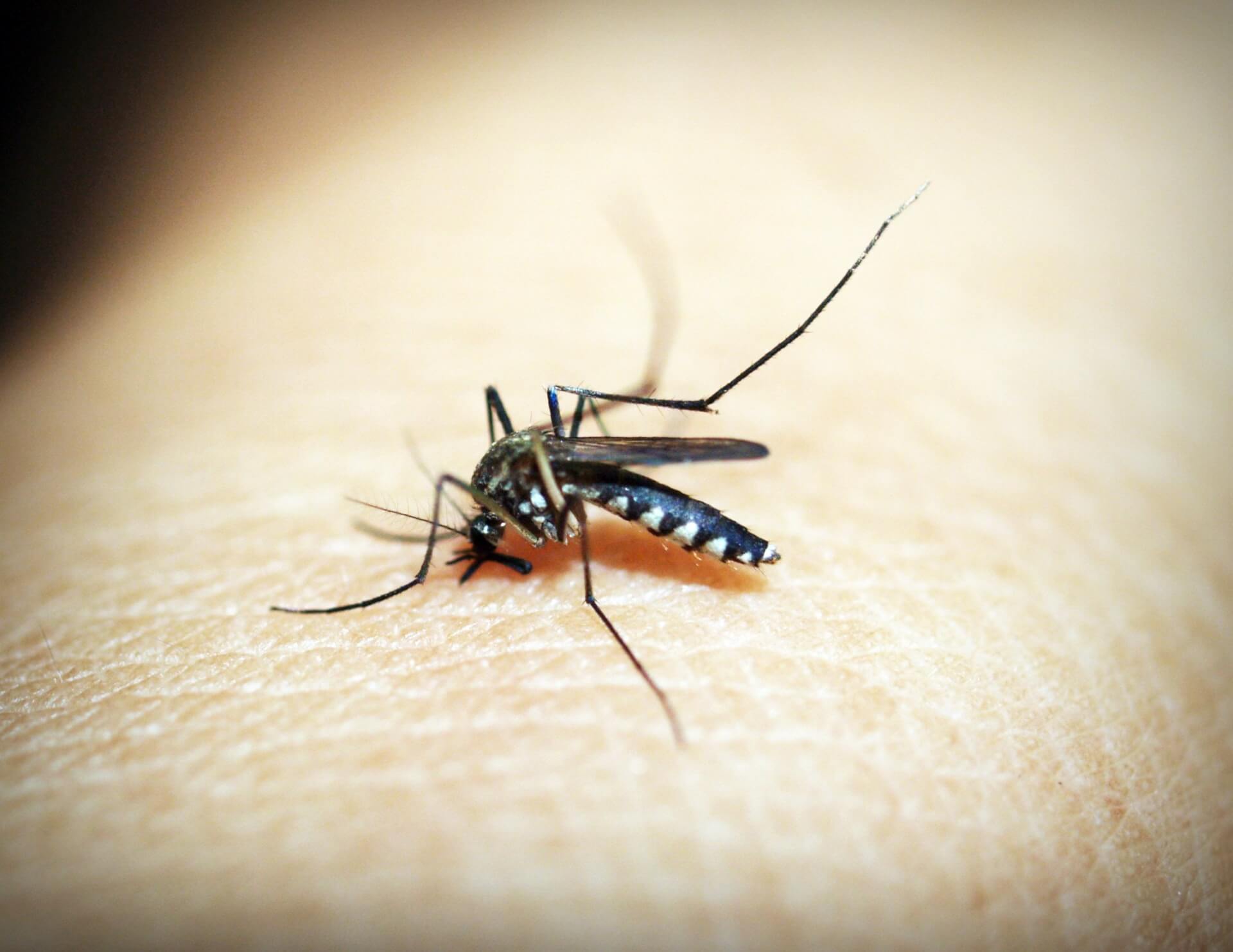
Dengue is a mosquito-borne viral disease that is transmitted by female mosquitoes primarily of the species Aedes aegypti and, to a lesser extent, Ae. Albopictus. These mosquitoes are also responsible for the spread of Zika, chikungunya, and other viruses.
Dengue is prevalent worldwide, found in approximately 129 countries. It is caused by one of any of four related viruses from the Flaviviridae family (DENV-1, DENV-2, DENV-3 and DENV-4). Hence, an individual can be infected with a dengue virus as many as four times in his/her lifetime.
According to the World Health Organization (WHO), the global incidence of dengue has grown drastically in recent decades with an estimated record of 100-400 million infections each year.
Signs and Symptoms
Dengue is a severe, flu-like illness that affects infants, children and adults, but seldom causes death. Symptoms typically last for 2–7 days, after an incubation period of 4–10 days after the bite from an infected mosquito.
The World Health Organization classifies dengue into two categories - dengue and severe dengue.
Dengue
Dengue should be suspected when a high fever (40°C/104°F) is accompanied by two of the following symptoms during the febrile phase:
Severe dengue
A patient enters what is called the critical phase normally about 3-7 days after illness onset. It is at this time, when the fever is dropping (below 38°C/100°F) in the patient, that warning signs associated with severe dengue can manifest. Severe dengue is a potentially fatal complication, due to plasma leaking, fluid accumulation, respiratory distress, severe bleeding, or organ impairment.
Signs and symptoms include:
Diagnosis
Visit your healthcare provider if you are exhibiting any symptoms of dengue or if you live in / visited an area with risk of dengue. A blood test is the only way to confirm the diagnosis.
Treatment
There is no specific treatment for dengue fever. Fever reducers and pain killers can be taken to control the symptoms of muscle aches and pains, and fever.
For severe dengue, medical care by healthcare professionals can save lives. Therefore, patients with dengue should seek medical attention upon the appearance of warning signs.
Prevention
Dengue can be prevented by avoiding mosquitoes. Here are some tips to prevent and control the spread of dengue:
- Preventing mosquitoes from accessing egg-laying habitats by environmental management and modification
- Disposing of solid waste properly and removing artificial man-made habitats that can hold water
- Covering, emptying and cleaning of domestic water storage containers on a weekly basis
- Applying appropriate insecticides to water storage outdoor containers
- Using of personal household protection measures, such as window screens, repellents, insecticide treated materials, coils and vaporizers. These measures must be observed during the day both inside and outside of the home because the primary mosquitoes bite throughout the day
- Wearing clothing that minimises skin exposure to mosquitoes is advised

Wait a minute

Wait a minute